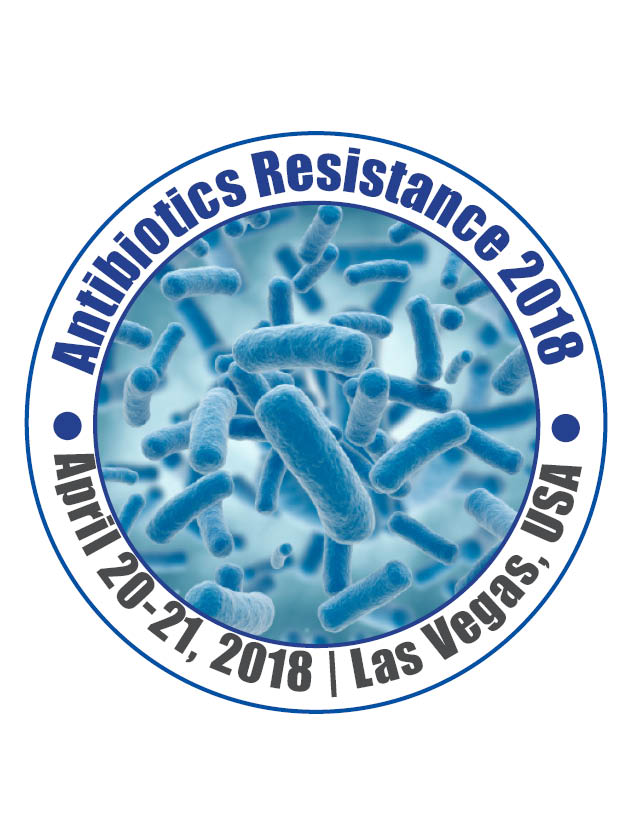
Helieh S. Oz
American Association o Gastroenterology
Title: Overuse of antibiotics in food animal industry and infectious and inflammatory complications in humans
Biography
Biography: Helieh S. Oz
Abstract
Pathogens cause dysregulated immune and inflammatory response. Microbiome in the gastrointestinal tract (GI) acts as a protector of health from disease. Microbiota helps absorption of nutrients and guards against invasive pathogens to dwell in GI. While, antibiotics are required to fight pathogens and infectious diseases, overuse and abuse as well as unintentional consumption of food contaminated with antibiotics affect GI to alter the composition of microbiome. Further, antibiotics shift equilibrium from health into disease status as in infections with Clostridium spp. Infectious protozoan and microbial diseases are transmitted from animals and cause GI inflammation and diarrhea in man. The common preventive practice for infectious diseases and growth promoter in farm animals are continued use (overuse) of antibiotics which enter blood circulation and contaminate eggs, milk, and meat products. Antibiotics are entered food chain and consumed by humans with possible allergic, antibiotic resistance, and other enigmatic side effects. It is estimated that over 80% of antimicrobials are used for prevention and growth promotion in swine, cattle and chickens compared to only 20% used in human therapies. This presentation will aim to discuss unintentional consumption of antibiotic residues in contaminated food products with possible side effects. Association between overuse and abuse of antibiotics in food animal industry will be discussed with outbreaks of major infectious foodborne diseases, altered gut microbiota and dysbiosis with serious complications. In addition, different preventive measures will be discussed including possible applications of new agents as surrogates to substitute antibiotics in food animals.

